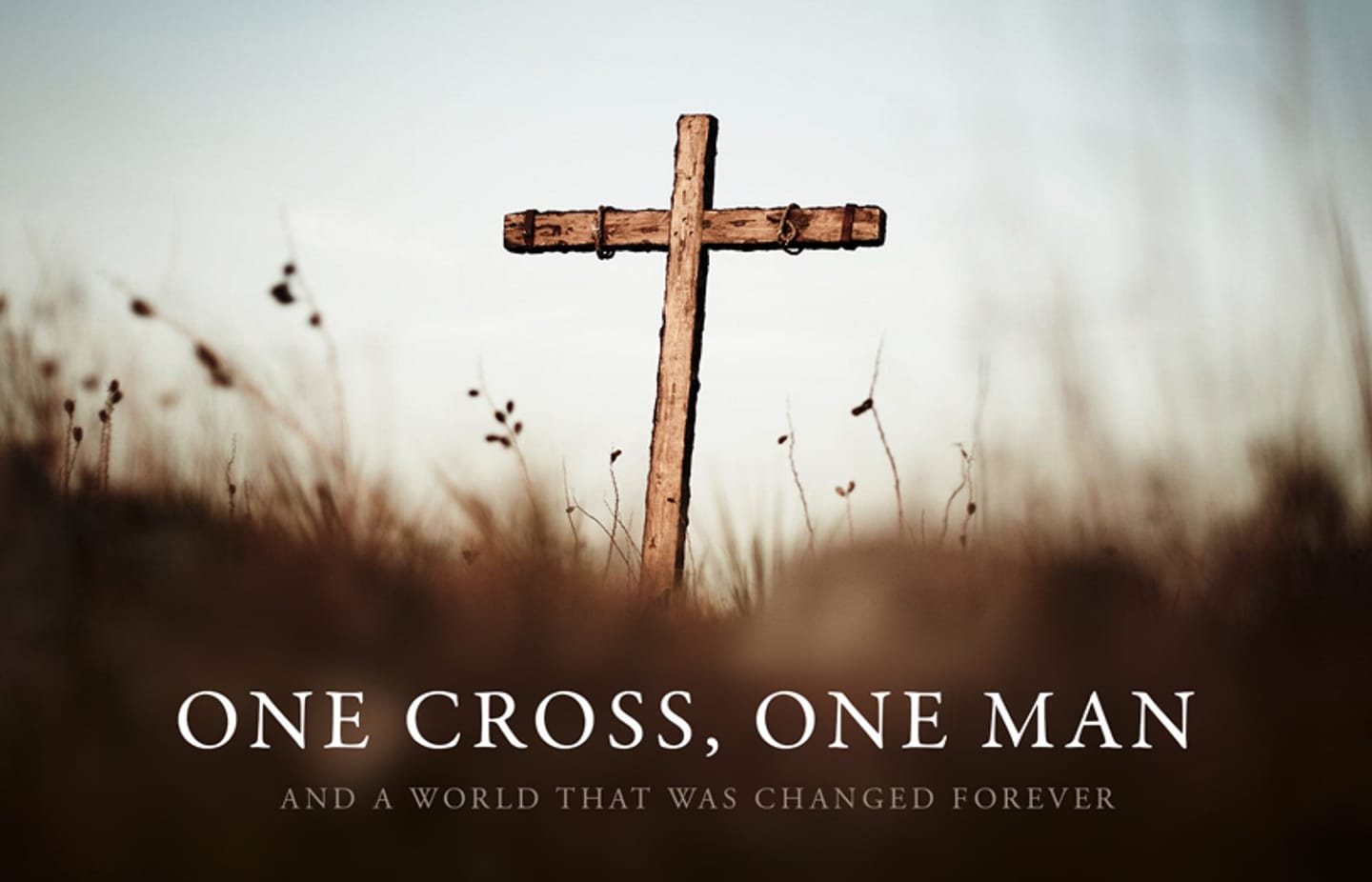
Mt. 5: 17-37
During World War II, Adolf Hitler, the then Chancellor of Germany, set out on a mission to eliminate every Jew from the face of this earth. He started with the extermination of Jews in various concentration camps in Europe. These anti- Semitic feelings towards the Jews spread to other parts of the world. There was a concentration of Jews in Austria, which was then under German occupation, and even in Austria the heart was on and the Jews faced the same form of persecution. Hitler started to isolate Jews in all Nazi-occupied territories from the mainstream of society and succeeded largely in ghettoizing them.
In the early 1940s, due to heavy rain, the river Danube overflowed its banks. People began using the bridge over the river. Suddenly in the mayhem that followed, a man fell into the river. He cried for help but nobody came to his aid. One of the young men who heard his cries for help, stripped himself of his heavy clothes and was about to jump in, to rescue the man, but was deterred by the others who told him, ” he is a Jew, let him die.” However, this man with a compassionate heart risked his life and jumped into the overflowing river. He saved the life of that man in the nick of time and brought him ashore. All those who gathered on the bridge came down with his clothes and started administering the first aid to the one who also most drowned…
The gospel passage that we meditate today invites us to reflect on varied dimensions of discipleship such as murder, retaliation of enemies, forgiveness, marriage, adultery, etc. This passage explains to us how Jesus, who is the fulfillment of all the prophecies and law, perfects these commandments by leading us to get in touch with the spirit of the law rather than the letter of the law. However, I am inspired to reflect on the ‘reconciliation’ aspect which is mentioned in the passage. I have a reason to choose this particular dimension. These days we have been having attending sessions on the gospel of Matthew and fortunately, we had interesting discussions on the same passage. When the professor discussed this chapter (Matthew 5) there was active participation of all of us in this matter. I think it may be because of its relevance and application of this message in our day to day life. It became all the more when we discussed verse 23: “When you are offering your gift at the altar, if you remember that your brother or sister has something against you, leave the gift before the altar and go; first be reconciled to your brother or sister and then come and offer your gifts.”
One of the main quarries that disturbed us was, will our sacrifice be accepted if we don’t have grudge against anyone at the same time the other keep grudge against us? We tried to justify to the professor that our sacrifice would be accepted because we have anger towards someone, it is a serious problem, we need to take responsibility and address the issue to solve it at the earliest nonetheless if the other keeps grudge against us, it is not our problem, then how can we be responsible for the other? As we are preparing ourselves to be priests, this question triggered in us a spark, we were quite sure that we cannot please all whom we serve especially in a pastoral context.
As an Answer to this query our professor clearly stated that our sacrifice will not be accepted in the presence of the Lord. The reasoning of our professor was quite alarming and insightful. I quote his argument in nutshell: “fraternal reconciliation should take precedence over our sacrifice and worship.” he continued “our meekness is not a weakness, it is true when our ego is hurt, forgiveness becomes a great barrier, however radicalism of following Christ calls us to break this barrier. Otherwise, our sacrifice will be limited to the realm of mere ritualism. Our internal disposition should be revealed in our external actions.” Our minds were filled with the memory of Fr. Naveen Vincent who washed the feet of one of his parishioners who assaulted him in the public and extended his unconditional forgiveness… I humbly acknowledge He challenges us…
As we all go to offer our sacrifice this Sunday let this gospel passage help us to reconcile with our fellow brethren and offer our a pleasing sacrifice to Our Abba…
Let us come back to the incident…The young man who saved him put on his clothes and was about to leave. At that time someone said, “Thank God, he is not a Jew, and you saved the life of a German.” with a wry smile the young man replied, ‘yes, he is a German, but I am a Jew.”